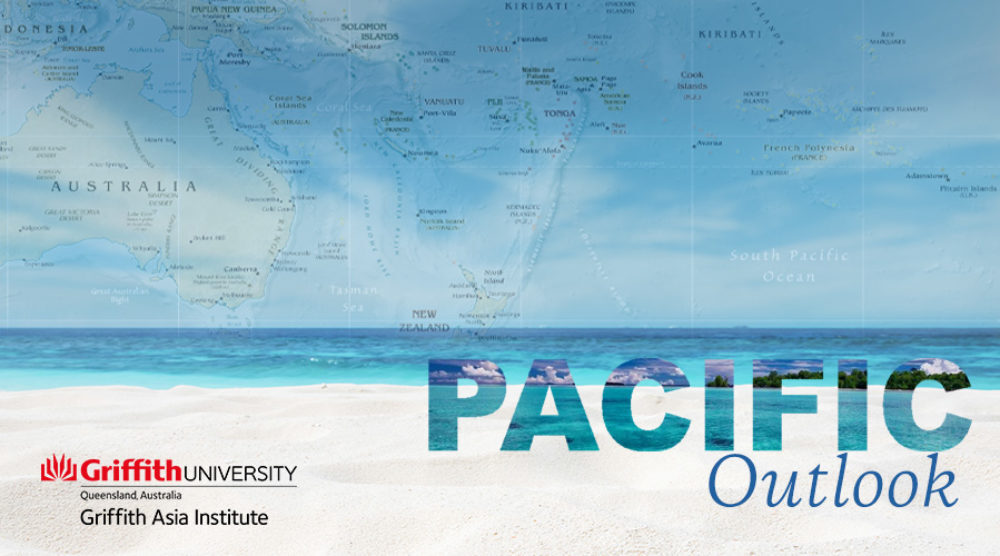Pacific responses to the Biden climate summit
There have been mixed responses from the Pacific islands region further to the climate summit convened by President Joe Biden.
The President of Marshall Islands, David Kabua, took part in the summit. Whilst there was some surprise that Fiji had not been invited to attend, the US stated that his invitation was as the chair of the High Ambition Coalition.
In his address President Kabua called for stronger targets on emissions reduction, and for 50% of climate financing to be directed to adaptation, noting that the effects of climate change are already being felt in the region.
Dame Meg Taylor, Secretary-General of the Pacific Islands Forum, said that the region welcomed commitments to reduce greenhouse gas emissions made at the summit. However, she also voiced disappointment at the lack of urgency and insufficient attention paid to the issue of climate finance during the meeting.
Marape dodges a vote of no confidence
In Papua New Guinea, Parliament has been adjourned. This follows advice provided to the Speaker of the House by the National Pandemic Controller. Commissioner Manning considered the sitting of Parliament to be a national security threat owing to the large number of Parliamentary staff who are infected with COVID-19.
The adjournment until August has the effect of insulating Prime Minister James Marape from facing a motion of no confidence that had been submitted by the leader of the Opposition, Belden Namah. When Parliament resumes in August the next elections will be less than twelve months away and so a no confidence vote will not be held.
Namah has said he will challenge the adjournment on the grounds of it being unconstitutional. He has argued that it means the Parliament will not meet the requirement of sitting for 63 days in the year.
Fiji working to contain COVID-19 outbreak
Authorities in Fiji are working to contain an outbreak of COVID-19 which has seen a number of cases detected in the community outside of quarantine. A total of four new cases were identified over the weekend. A further twelve new cases were announced on Monday afternoon
The origin of the outbreak appears to have been with a passenger returning from India. A maid who was working in a quarantine hotel became infected and then attended a funeral. This is now being treated as a super spreader event, with several of the locally transmitted cases being traced to it.
Suva has been placed into a fourteen-day lockdown. Residents are restricted to moving within designated containment areas and many businesses, designated as ‘non-essential’ have been ordered to close. Around 100,00 people are affected by the measures.
Samoan election results still on a knife edge
The final make-up of the next Parliament in Samoa has yet to be decided. The courts will play a crucial role in determining who forms the next government.
Currently before the courts is an application by the FAST party for a declaratory judgment that the appointment to Parliament of Aliimalemanu Alofa Tuuau under Article 44 of the Constitution is unconstitutional. If the case goes FAST’s way this will leave them with 26 seats to the 25 held by the HRPP. However, we have yet to see how many electoral disputes will be lodged and heard by the Supreme Court.
All of this means that it is unlikely that the new Parliament will sit any time soon. However, a budget needs to be passed before the end of June.
Meanwhile, the HRPP has announced who will be its nominations for Speaker and Deputy Speaker if it does form the next government.
Vanuatu legislative changes raise freedom of expression concerns
In Vanuatu the Parliament has passed a bill that amends the Penal Code Act. It has the effect of creating a number of new criminal offences: threatening language, criminal libel, and criminal slander.
The maximum punishment on conviction of any of these offences is three years’ imprisonment.
Whilst these changes appear to be directed at reducing abusive, false and threatening speech on social media platforms, such as Facebook, the unintended consequences of the wording may have much wider effects.
There are already concerns being expressed that the mere threat or fear of becoming the subject of a criminal complaint will have a significant chilling effect on journalists or members of the public who use Facebook to criticise politicians, public servants or others.
Freedom of expression is a fundamental right protected by the Constitution of Vanuatu, “subject to respect for the rights and freedoms of others and to the legitimate public interest in defence, safety, public order, welfare and health”.
Tess Newton Cain is an Adjunct Associate Professor at the Griffith Asia Institute and project lead of the Pacific Hub.








